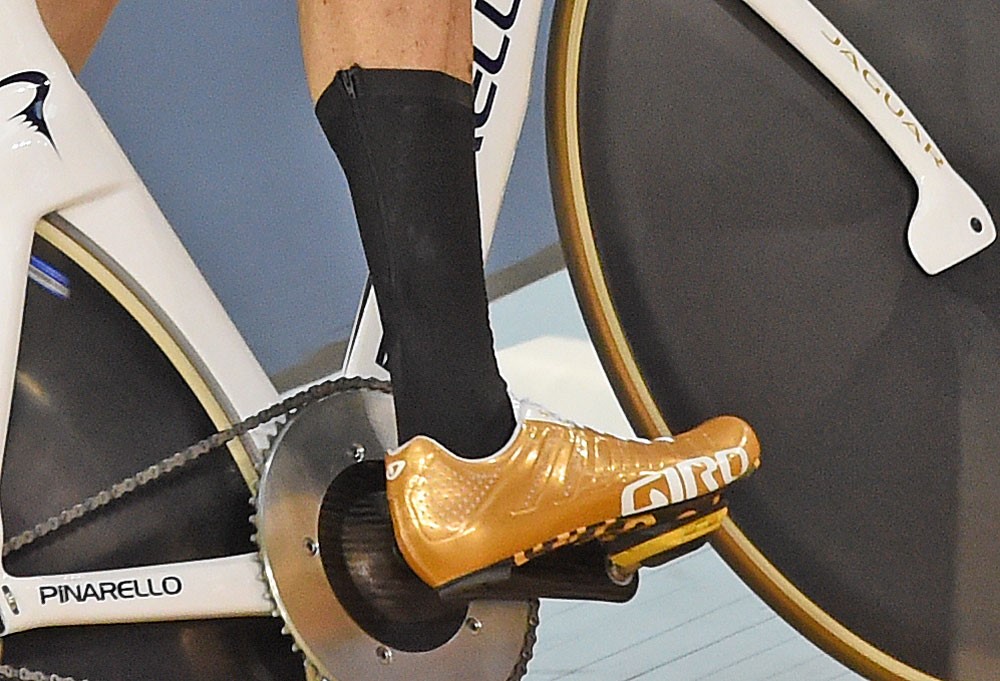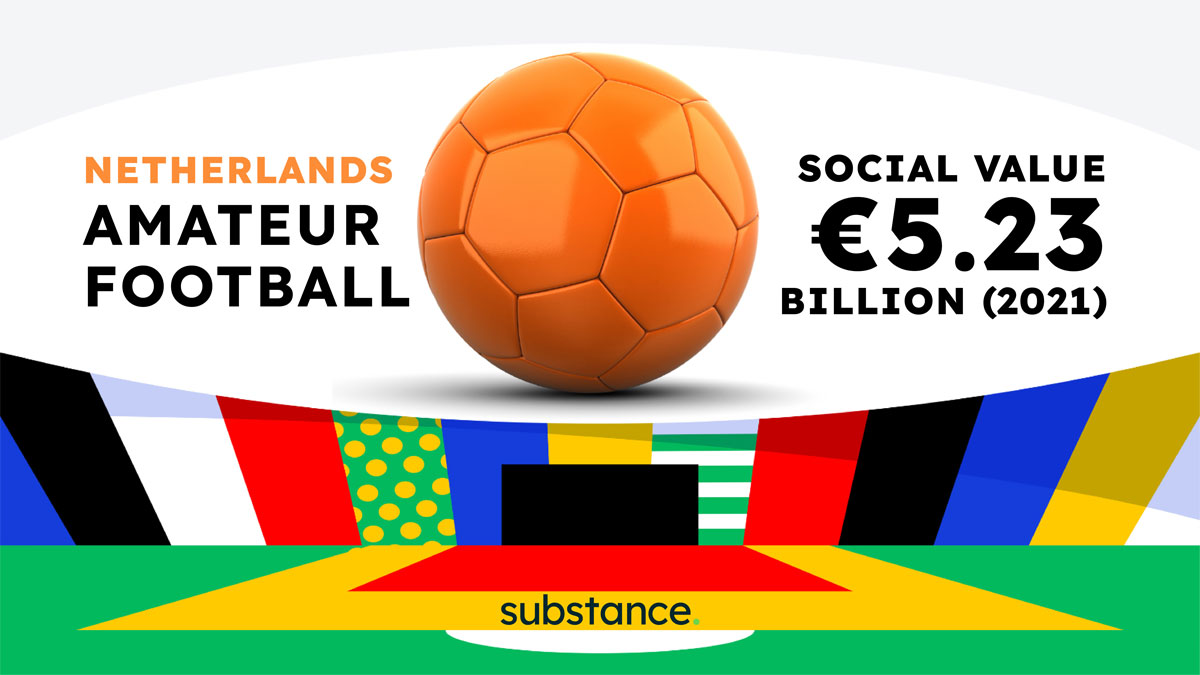
It seems there have been a record number of newspaper articles over the last couple of weeks about how Team GB have transformed themselves from plucky but hopeless losers to world beating Olympians in the space of 20 years. Owen Gibson ‘Chief Sports Correspondent’ at the Guardian and keynote speaker at the recent Substance national conference outlined the five reasons he thought were key to success, including the ‘no compromise’ culture of UK Sport, the development of a high performance system which constantly regenerates talent and a phenomenal team spirit.
Nowhere was this more obvious than with the GB Cycling Team who topped their medals table for the third consecutive time. From a team with no medal success in 1996 in Atlanta and only one Gold in 2000 the jump to world domination (22 in the next three Olympics) has been well documented with their concept of ‘marginal gains’ being cited as the main reason for their upswing in fortunes. The principle being that if you break down everything you can think of that goes into riding a bike, and then improve each by 1%, you get a significant increase when you put them all back together.
Their idea was to start with obvious things like fitness and conditioning but then move onto other peripheral things like sleeping in the right position or having the same pillow when you are away and training in different places. Finally, you pay attention to the minutest of detail such as making sure the cyclists have aerodynamic socks or that the wheels of the bike really are round. Maybe it wasn’t a joke! Put everything together in time for the middle week of the Olympics and start counting the medals. When it’s all over, start the planning cycle again and make yourself believe that improvements are always possible. Which, it seems, is the case as according to reports this week they are still using safety pins to keep the numbers on their aerodynamic skin suits.
Marginal gains is an idea that is now being applied in other sectors including healthcare, aviation and even speed eating, although the idea of eating 12 hotdogs as fast as you can might reverse some of the small gains in preventing heart related diseases. So, the question for organisations in the ‘community sports sector’ is where are the ‘gains’ you need to make and how marginal are they. A question made all the more relevant as Sport England begin a new investment strategy into organisations that use sport to tackle inactivity and deliver good personal, social and community outcomes for people who need their support.
It is a question Substance has been helping organisations work through since the launch of the nationally recognised Quest ‘Sport for Development’ continuous improvement programme. To put this in context it is also worth starting in the summer of the 1996 Olympics, not in Atlanta but on a housing estate and in the offices of Drug Treatment Services in east London. A successful Drugs Challenge Fund bid led to Leyton Orient Community Sports Programme (now Leyton Orient Trust) delivering two distinct interventions, one to engage and support young people living on the Shadwell Housing estate in Tower Hamlets and another to set up a sports programme for adults recovering from drug and alcohol addiction. Whilst in some ways it was a baptism of fire the documenting of progress and challenges, by what was to become Substance, led to a sense of what the ‘major gains’ needed to be in the first few years in order to be taken seriously by non-sport commissioners and funders. By the time of the 2004 Athens Olympics the first Substance report ‘On the Eastside’ was produced (but not published until some time later) which produced a framework from which the Leyton Orient Trust could develop the projects and programmes of work it would go on to deliver for the next fifteen years. Included among the recommendations were:
- The need to attain charitable status (Leyton Orient Trust were the first football club based organisation to become a registered charity)
- A requirement for different skillsets within the organisation
- Adopting different approaches to participant engagement
- Participant involvement in project conception and design
- Applying the principle of organic development; the need for projects to change and adapt
- The need for participant pathways into employment and training
- Sport and activity provision being extended indefinitely
- The dangers of over simplifying the attribution of social outcomes to sports participation
These and some of the other lessons learnt (by the Leyton Orient Trust and others) as the Beijing and London Olympics came and went means that many organisations now feel ready to respond to the challenges set out in Sport England’s Towards an Active Nation Strategy. However, if their aim is to be one of those ready and able to develop a high performance system which constantly regenerates talent in order to produce a world class community sports sector, what might the marginal gains they need to make be.
The Millwall Community Trust, the most recent organisation to undertake the Quest Sport for Development assessment may be typical of organisations in the sector. The Trust work primarily in two London boroughs, Lewisham and Southwark, which have the highest obesity rates in London and a number of well documented social problems. As an organisation with over 30 years of experience of delivering community sports programmes they could be said to be the equivalent of fit and well-conditioned. A recent partner agency survey concluded that they are universally well regarded by health, community safety and youth organisations. A staff survey showed their employees are representative of the people they engage with, are well supported and see Millwall as a great place to work. So the Trust could be said to be an organisation that sleeps in the right position and takes its pillow with it wherever it goes. As an organisation that prioritises front line delivery they acknowledge however, that they do need to get better at generating the evidence that proves they are delivering behaviour change and good outcomes for the people they work with. They know as soon as this is systematic they will be able to generate meaningful insight which will help them improve the design and delivery of their programmes. So, not yet wearing their aerodynamic socks which will elevate them onto the Community Sports Sector Medal Podium, However, given their commitment to the communities of Lewisham and Southwark and their dedicated focus on the continuous improvement process, we are pretty sure they will be by the time we all get to Tokyo.






